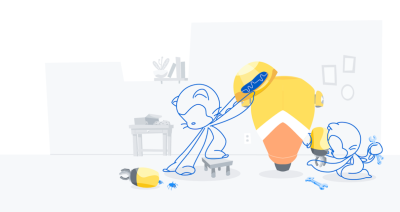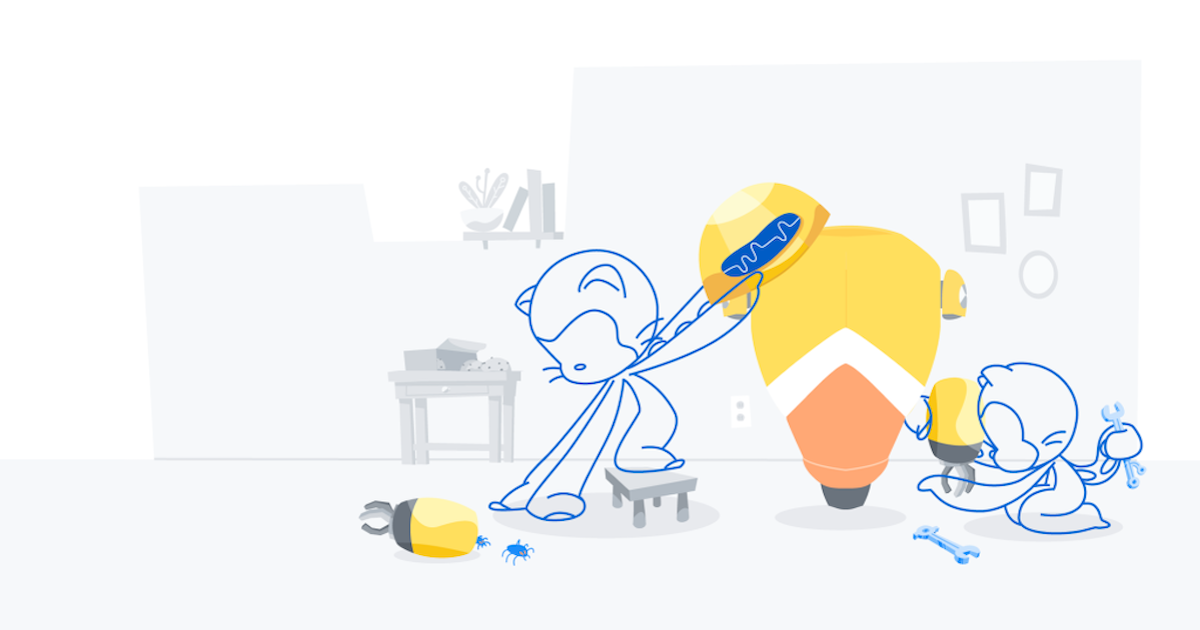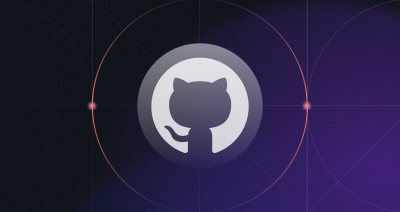
GitHub Availability Report: August 2020
Introduction In August, we experienced no incidents resulting in service downtime. This month’s GitHub Availability Report will dive into updates to the GitHub Status Page and provide follow-up details on…

Introduction In August, we experienced no incidents resulting in service downtime. This month’s GitHub Availability Report will dive into updates to the GitHub Status Page and provide follow-up details on…

Last month we introduced GitHub’s monthly availability report to address service disruptions and share our learnings with the community.

What is the Availability Report? Historically, GitHub has published post-incident reviews for major incidents that impact service availability. Whether we’re sharing new investments to infrastructure or detailing site downtimes, our…

Solving and staying ahead of problems when scaling up a system of GitHub’s size is a delicate process. Here’s a look at some of the tools in GitHub’s toolbox, and how we’ve used them to solve problems.

Today, we’re excited to announce the general availability of our new organization and enterprise-level security overview dashboards, alongside enhanced secret scanning metrics and the enablement trends reports. These features are…

GitHub recently experienced several availability incidents, both long running and shorter duration. We have since mitigated these incidents and all systems are now operating normally. Read on for more details about what caused these incidents and what we’re doing to mitigate in the future.

Open source maintainers and security researchers embrace a new best practice to report and fix vulnerabilities.

Looking back over a year’s worth of developer-first content moderation and, new in this report, making our data more accessible to researchers.

Access to the open internet is essential to defending human rights, and developers have an important role in promoting freedom of expression and transparency. GitHub is committed to keeping Iranians connected to the global developer community.

We’re reporting on a six-month period rather than annually to increase our level of transparency. For this report, we’ve continued with the more granular reporting we began in our 2021 reports.

In GitHub’s latest transparency report, we’re giving you a by-the-numbers look at how we responded to requests for user info and content removal.

We’re reporting on a six-month period rather than annually to increase our level of transparency. For this report, we’ve added more granularity to our 2020 stats.

At GitHub, we put developers first, and we work hard to provide a safe, open, and inclusive platform for code collaboration. This means we are committed to minimizing the disruption…

On Wednesday, February 28, 2018 GitHub.com was unavailable from 17:21 to 17:26 UTC and intermittently unavailable from 17:26 to 17:30 UTC due to a distributed denial-of-service (DDoS) attack. We understand…

Last week GitHub was unavailable for two hours and six minutes. We understand how much you rely on GitHub and consider the availability of our service one of the core…

Thanks to DevOps, cloud computing and other industry trends, many organizations are shifting from a product mindset to a service mindset. Here’s how you can implement a service-led strategy.

Over the past few weeks, we have experienced multiple incidents due to the health of our database. We wanted to share what we know about these incidents while our team continues to address them.

We’ve expanded the availability of the New Agent Session option in GitHub Mobile! Previously, users could only start a new agent session from the “Agents”, “Home”, or repository views. With…

CodeQL is the static analysis engine behind GitHub code scanning, which finds and remediates security issues in your code. We’ve recently released CodeQL 2.23.5, introducing three new Java security queries…

See how we turned weekly accessibility signals into an automated, accountable remediation workflow—powered by GitHub Copilot and cross‑functional collaboration.

GitHub Copilot SWE, a new experimental model in GitHub Copilot, is now rolling out to Visual Studio Code Insiders as part of a technical preview. Optimized for code-related tasks like…
Build what’s next on GitHub, the place for anyone from anywhere to build anything.
Catch up on the GitHub podcast, a show dedicated to the topics, trends, stories and culture in and around the open source developer community on GitHub.